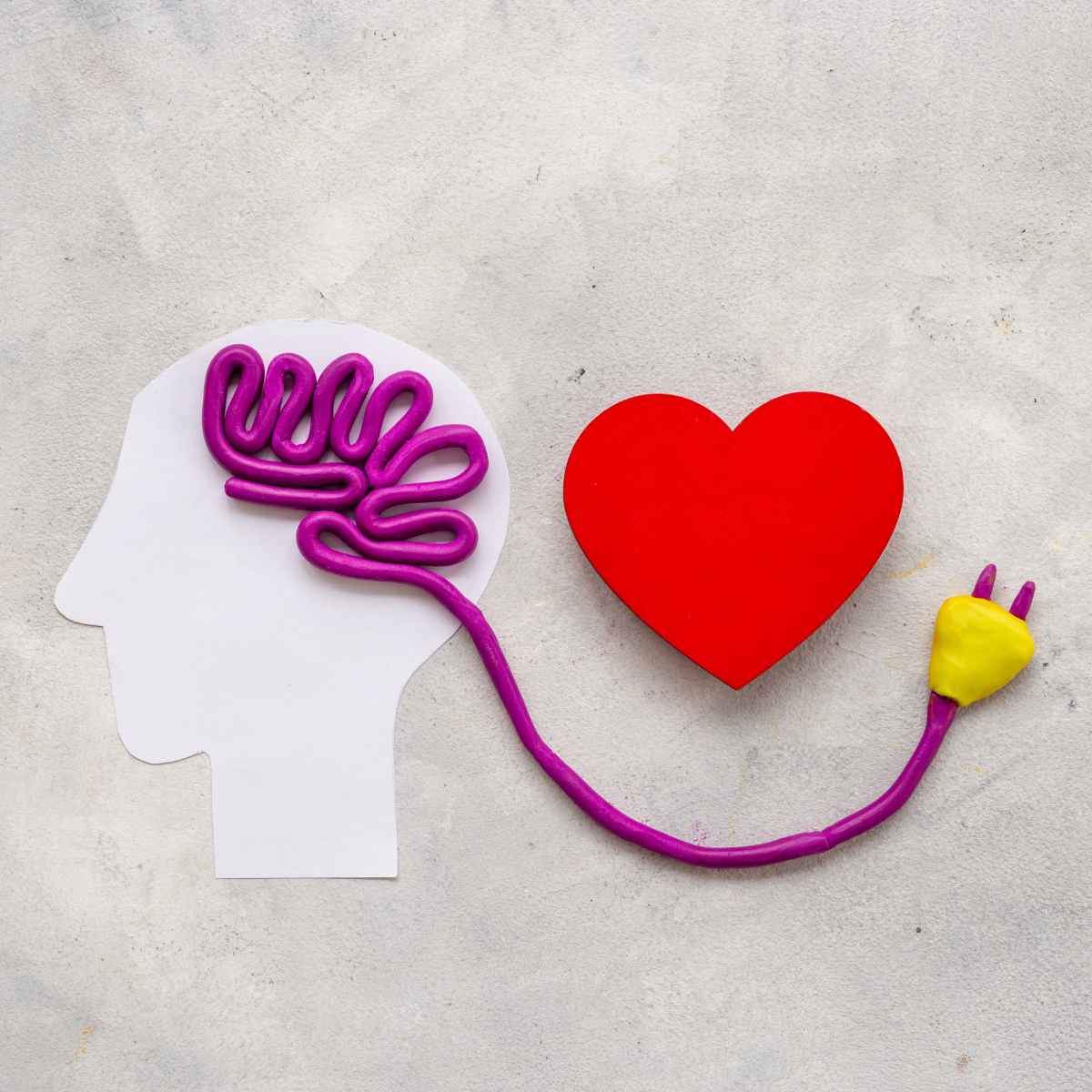Managing Emotional Triggers for Better Decision-Making
Emotions are powerful forces that shape our decisions, often without us even realizing it. When left unchecked, emotional triggers can cloud our judgment, leading to impulsive decisions that we may regret later. However, by learning to manage these triggers, we can make better, more thoughtful decisions, both in our personal and professional lives.
Why It’s Important: The Science Behind Emotional Triggers
According to neuroscientific research, emotional triggers activate the amygdala, the part of the brain responsible for the fight-or-flight response. This can lead to heightened emotional reactions, which may cloud logical thinking and lead to irrational decisions. When we are triggered, the prefrontal cortex—the part of the brain responsible for reasoning and decision-making—takes a back seat, resulting in decisions that are driven by emotion rather than logic.
In the workplace, this can result in strained relationships, poor communication, and ineffective leadership. Leaders who can manage their emotional triggers not only make better decisions but also foster a culture of emotional intelligence, which improves team dynamics and workplace productivity.
The Downsides of Not Managing Emotional Triggers
Failing to manage emotional triggers can lead to a range of negative consequences. Uncontrolled emotions can lead to outbursts, causing damage to relationships and reputations. It can also result in poor decision-making, as emotional responses often override logic. In leadership, this can lead to reduced team morale, diminished trust, and a lack of clarity in decision-making. Over time, unregulated emotions can lead to stress, burnout, and a toxic work environment.
3 Ways to Manage Emotional Triggers
Self-Awareness Through Mindfulness
Mindfulness practices, such as meditation and deep breathing, can help you become more aware of your emotional state and the triggers that cause it. By slowing down and paying attention to your thoughts and feelings, you can gain greater control over your reactions.
Pause and Reflect
When you feel triggered, take a moment to pause and reflect before reacting. This brief pause allows your brain to process the emotional response and gives your prefrontal cortex time to re-engage, leading to a more thoughtful decision.
Identify Patterns
By reflecting on past emotional reactions, you can identify patterns in your behavior. Once you recognize these patterns, you can take proactive steps to prevent triggers from leading to negative outcomes.
3 Benefits of Managing Emotional Triggers
Improved Decision-Making
By managing emotional triggers, you engage your logical brain, allowing you to make clearer, more thoughtful decisions.
Enhanced Leadership Skills
Leaders who manage their emotions are more effective in communicating with their teams, leading with clarity and fostering trust.
Better Workplace Relationships
Managing emotional triggers leads to improved relationships with colleagues, reducing conflict and creating a more harmonious work environment.
Conclusion
Managing emotional triggers is essential for effective leadership and better decision-making. It not only leads to personal growth but also creates a more productive and emotionally intelligent work culture. By integrating mindfulness and self-awareness practices, you can build emotional resilience, resulting in a more fulfilling and successful leadership journey.
Ready to take your leadership journey to the next level?
Sign up below for a free coaching session, where we’ll guide you to lead with clarity, boost team engagement, and achieve inspiring results.

